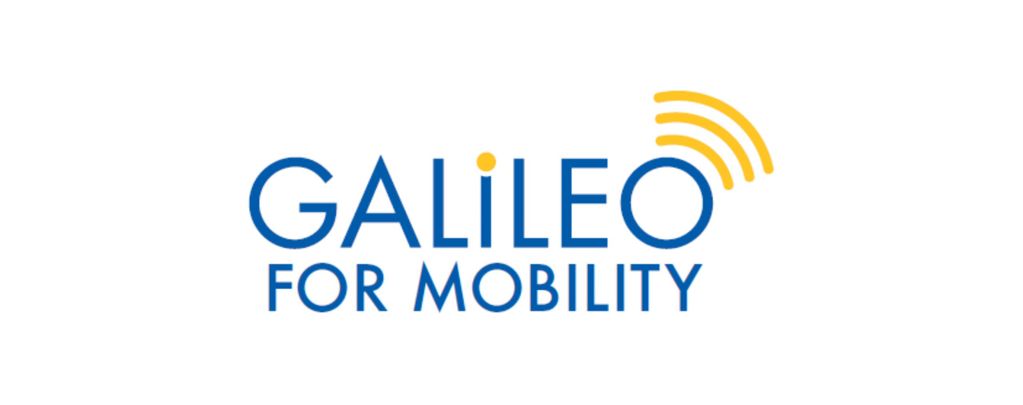

Galileo for Mobility
Fostering the adoption of GALILEO for Mobility as a Service
Urban mobility is becoming an issue of great importance in today’s society due to the increasing population movements towards big cities and the exponential growth of cities in developing countries. Today, urban mobility schemes are evolving faster than ever mainly due to social, economic and technological changes. The democratisation of smart mobile devices is allowing new business models based on sharing goods and services: the sharing economy. Its fast growth during recent years reflects a shift from owning goods toward accessing them when you need them.
In that context, Shared mobility services have grown exponentially during last years. Whilst car sharing is still the most widespread form, other services such as bike-sharing, ride-hailing and flexible forms of public transport are also growing rapidly. New services based on the use of mobile apps to match demand and offer and to aggregate different transport modes are constantly increasing. These developments create the potential for an integrated system of multi-modal shared mobility services – increasingly referred to as “Mobility as a Service” (MaaS) – that will drive market innovation.
Geolocation of users and vehicles by means of satellite navigation technologies has been widely used and it´s a key enabler for most of the services. Traditional GPS-based solutions have proven not to be a reliable solution because of:
- Lack of availability in certain areas of the city (deep urban), where most of these services are offered.
- Positioning errors, and therefore misleading information to both users and operators.
- Unaffordable battery consumption, data communication and tracking device costs.
New European Satellite Navigation Satellite System, Galileo, has just declared initial operations in 2016. Galileo will further improve signal availability, thus enhancing continuity of service for shared mobility services in urban or challenging environments. By contributing to multi-constellation solutions, Galileo can satisfy the need for higher accuracy, availability and fast Time-To-First-Fix. Moreover, the introduction of new communication technologies addressing Internet-of-Things market, such as Sigfox, LTE-M or NB-IoT, can bring down the device cost and battery consumption, facilitating the exploitation of geolocation information from shared mobility fleets.
Galileo for Mobility is coordinated by PILDO LABS WESSEX LTD (PLD WSX).
Watch below the re-cap video of the project.
More information: galileo4mobility.eu/
Follow Galileo for Mobility on Twitter:twitter.com/GalileoMobility
Galileo for Mobility is co-funded by the European Union under Horizon 2020, Research and Innovation Directorate General under Grant Agreement n° 776381.
- 11
Partners
- November 2017 – June 2020
Duration
- €2.73 million
Budget
Contact
UITP

exclusive resources








